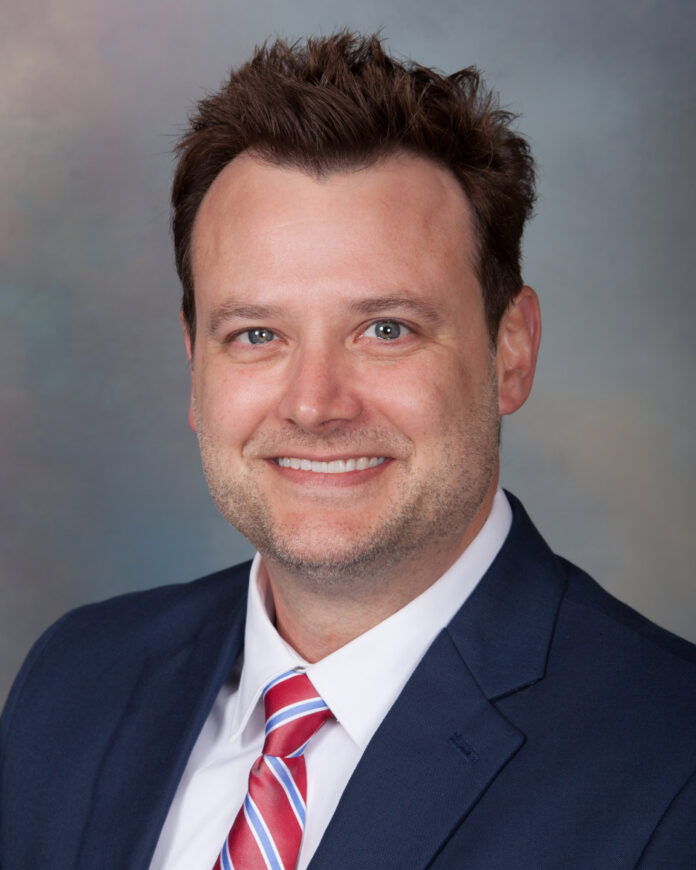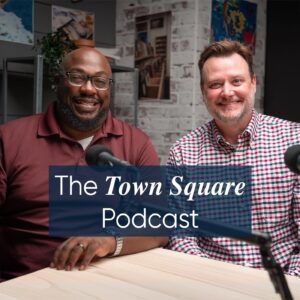Benjamin Franklin famously said, “Two things are certain in life: death and taxes.”
While I can’t help with the first, I can help you understand the second—especially your school tax rate.
In Newton County, property taxes—particularly the portion dedicated to schools—are a perennial hot-button issue. Every summer, as we set the millage rate, I hear from homeowners pleading for tax relief. I hear them because I’m one of them.
I don’t like seeing my bill climb either. But as a member of the Newton County Board of Education, I also see the other side: the undeniable needs of our school system.
Public education is the great equalizer. It gives every child the opportunity to learn, grow and change their future. School taxes fund teacher salaries, classroom curriculum, safety and security enhancements, mental health supports and reliable transportation—everything required to create a thriving school environment. Strong schools attract families, boost local business and raise property values. That’s the good news.
But here’s the hard truth: If we, the Board of Education, always approve operational budgets that increase year over year, we will always be forced to raise the millage rate to keep up. And that means we will always be raising taxes.
At some point, the Board of Education must have the discipline to say: enough. We must find ways to divest—to identify programs, expenses, or initiatives that can be cut, streamlined, or replaced—so that we can deliver quality education without an endless tax spiral.
That’s why I believe—and argue every single year—that when we have the opportunity to roll back the millage rate, we should.
A suitable “roll-back compromise?”
This year, the state’s “roll-back” rate for the Board of Education was 14.840. Adopting it would have kept our school system’s revenue flat compared to last year while sparing taxpayers another increase. I supported that full roll-back, along with BOE member Shakila Henderson-Baker.
Unfortunately, we didn’t have the votes. The Board settled on 15.500 mills—a compromise, yes, but not the relief I believe taxpayers deserved.
Let me be clear: the school millage rate is now the lowest it’s been in over 25 years. What’s driving your bill higher are skyrocketing property values, set by the Newton County Tax Assessor’s Office—not the Board of Education. But the end-result for you, the taxpayer, is the same: more money leaving your pocket.
Here’s the math: If your home is worth $300,000, the assessed value (40%) is $120,000. At 15.500 mills, your school tax is $1,860. And that’s just the school portion—your total bill also includes county, fire, and possibly city millage rates.
Over the last five years, Newton County’s total property value—our “digest”—has doubled. Without significant rollbacks, your taxes will keep climbing.
We need to start thinking differently.
Time for alternatives
There are other ways to generate revenue without leaning harder on property owners—but it will take legislative action. Right now, Georgia law allows local school boards to levy an Education Special Purpose Local Option Sales Tax (ESPLOST), but those funds can only be used for capital expenses, like buildings, buses and technology.
I believe we need a new tool: a 1% Education Local Option Sales Tax (ELOST) dedicated to operational expenses, such as salaries (which comprise 88% of our total budget). Newton County’s healthy tourism economy could generate significant sales tax revenue, and with a ELOST, visitors and non-residents would help fund our schools. That could allow us to lower the property tax burden on our citizens while keeping our schools strong.
I’m proud of the progress our district is making. Graduation rates are up to 91% which is above the state average. The Newton County Schools’ Class of 2025 earned over $112 million in scholarships. We’re one of the fastest-improving districts in Georgia according to Milestones data. The trajectory is promising.
But I’m equally committed to fiscal responsibility. A strong school system and fair taxes are not mutually exclusive. We can—and must—deliver both. That means holding the line on spending, taking every opportunity to roll back the millage rate, and pushing for new revenue options that don’t put all the weight on homeowners.
The future of Newton County’s schools is bright. But it must also be sustainable—for our students and our taxpayers.
Trey Bailey is in his 10th year on the Board of Education in Newton County, GA. He’s married to a 30-year veteran schoolteacher, and they have three daughters who are all products of the public school system in Georgia. Trey also co-hosts The Town Square Podcast, “a place for local influencers to meet in the messy middle and have difficult conversations where the aim is unity, not uniformity.” Find him at www.TheTownSquarePodcast.com.













